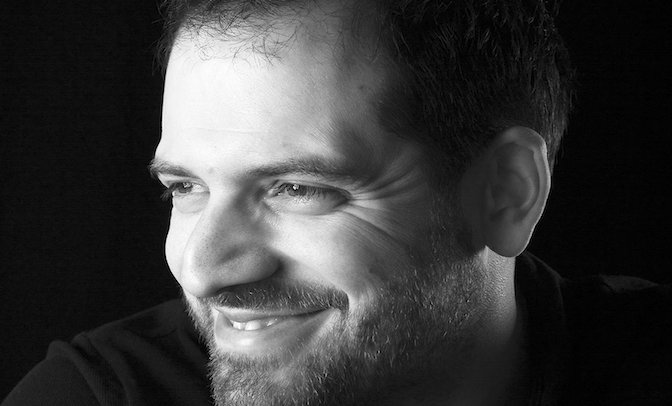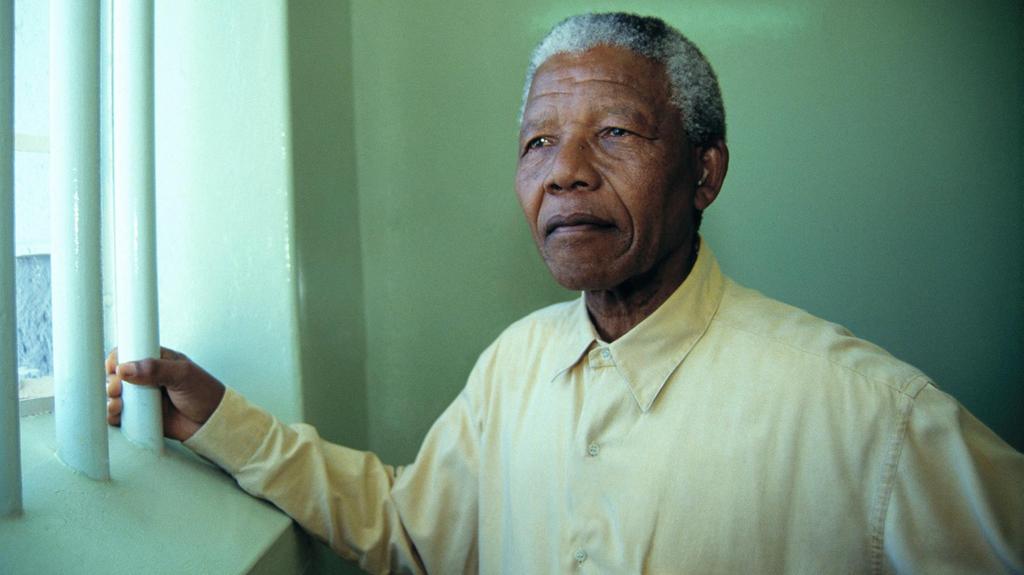With the second book in his YA-flavoured Shattered Sea trilogy out this month – featuring a quote from none other than Game Of Thrones’ George RR Martin on the front – novellist Joe Abercrombie talks to Vision about why fantasy is just as adept as literary fiction in reflecting the world in the 21st century
What got you into fantasy in the first place?
That is a pretty good guide. I like the epic scope and mystery of LOTR. I love the hardness of the writing, the modernity of the prose in LA Confidential. LOTR is all about the widescreen and the tiny people are almost lost in the landscape. In LA Confidential you’re pressed almost uncomfortably close to the detail of these seedy, dark, dangerous people. That’s a fascinating contrast and I wanted to try and bring that to a fantasy book.
Did you also want to bring some of the modern world to your bestselling First Law trilogy? It’s set in a recognisably medieval world, but it feels very contemporary too.
Even if you’re writing pure historical fiction, your readers are living now. So it’s very hard to keep the modern world out. And naturally epic fantasy allows you to hold up a mirror to that. I was interested in banks, so the first novel, The Blade Itself involved a lot of banking and economy. I also wanted to tackle the way that the world is in constant flux culturally and technologically in a fantasy novel – books in this genre often operate in a “sandbox” where nothing changes for hundreds of years. And of course, the fundamental concern in epic fantasy is war. Often it’s a war of unquestioned good versus unquestioned evil. But the real world is not like that. So I wanted to look at how we demonise enemies, the idea of good and bad sides and whether the noble leaders, goodly wizards and pure princes are actually as wonderful as we hope they are.
What do you make of one of the world’s most celebrated authors, Kazuo Ishiguro, revealing that his latest literary novel is set in a fantasy world?
It’s a very interesting one. The way you are defined as an author is so tricky – your book might be picked up by a genre publisher and given a genre jacket, and then whatever you write thereafter will sit into that slot. Around the edges there are authors such as China Miéville and Jeff VanderMeer who could easily be sold as fantasy or literary – and there’s not much difference between what they do and someone writing very literary magic realist novels. It’s a little tiresome to see someone coming in and supposedly ‘revolutionising the genre’. But I don’t see why a book that is pacy, full of action and commercial can’t also touch deep places.
Which you have to say George RR Martin’s Game of Thrones is brilliant at doing. It must be amazing to have his approval.
It’s fantastic. I read A Game Of Thrones in the 1990s and it was a big influence on me. I actually know him a little bit these days – he bought the art house cinema where he lives in Santa Fe because it was going out of business and interviewed me on stage. He has people running up to touch him at ComicCon!
That’s incredible, given that his book is nearly 20 years old.
Obviously, it’s having a huge lease of life because of the television show. But it’s strange to see these people picking up the books and being surprised that they’re good. And you’re thinking “well, yes, I am aware of that!”. For me, I think the LOTR films were a big moment in terms of bringing fantasy to the mainstream in a way that looked great and was completely convincing and cool. Game of Thrones has taken that on and showed a different side to fantasy – it can be dark, morally ambiguous. And people finish those books and look out for others – I’m delighted to say!
And now you must be hoping your Young Adult series, The Shattered Sea, can be just as successful.
The Hunger Games, Twilight, Harry Potter – these are all fantasy books, really, so you’d say there’s plenty of appetite. I’d written six, big, complicated adult novels in the same world with an unapologetically gritty adult style. So I wanted to try a shorter, tighter, page-turning style of book, something that followed fewer threads but wasn’t simpler in terms of its writing or moral stance. A more focused read, really. My oldest daughter is eight, and the excitement she has when she reads something… I wanted to be able to share my work with her, light a fire under her reading experience.
Joe Abercrombie is at the Emirates Airline Festival Of Literature on March 5 and 7. www.emirateslitfest.com


